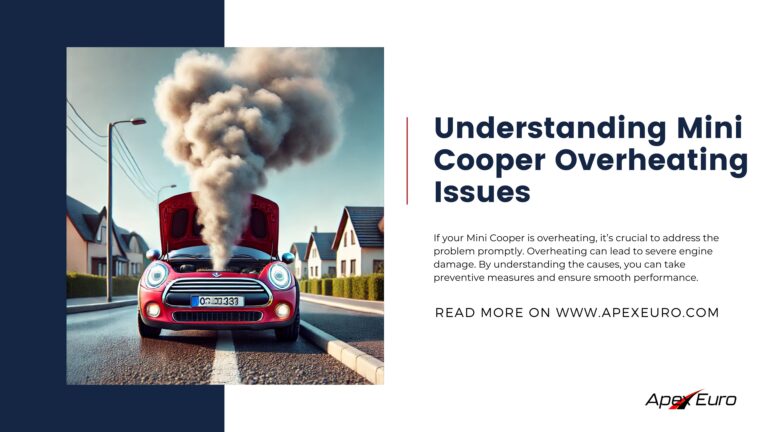Understanding Mini Cooper Overheating Issues
If your Mini Cooper is overheating, it’s crucial to address the problem promptly. Overheating can lead to severe engine damage. By understanding the causes, you can take preventive measures and ensure smooth performance.

Mini Cooper overheating, overheating causes, Mini Cooper fixes, cooling system issues, engine overheating